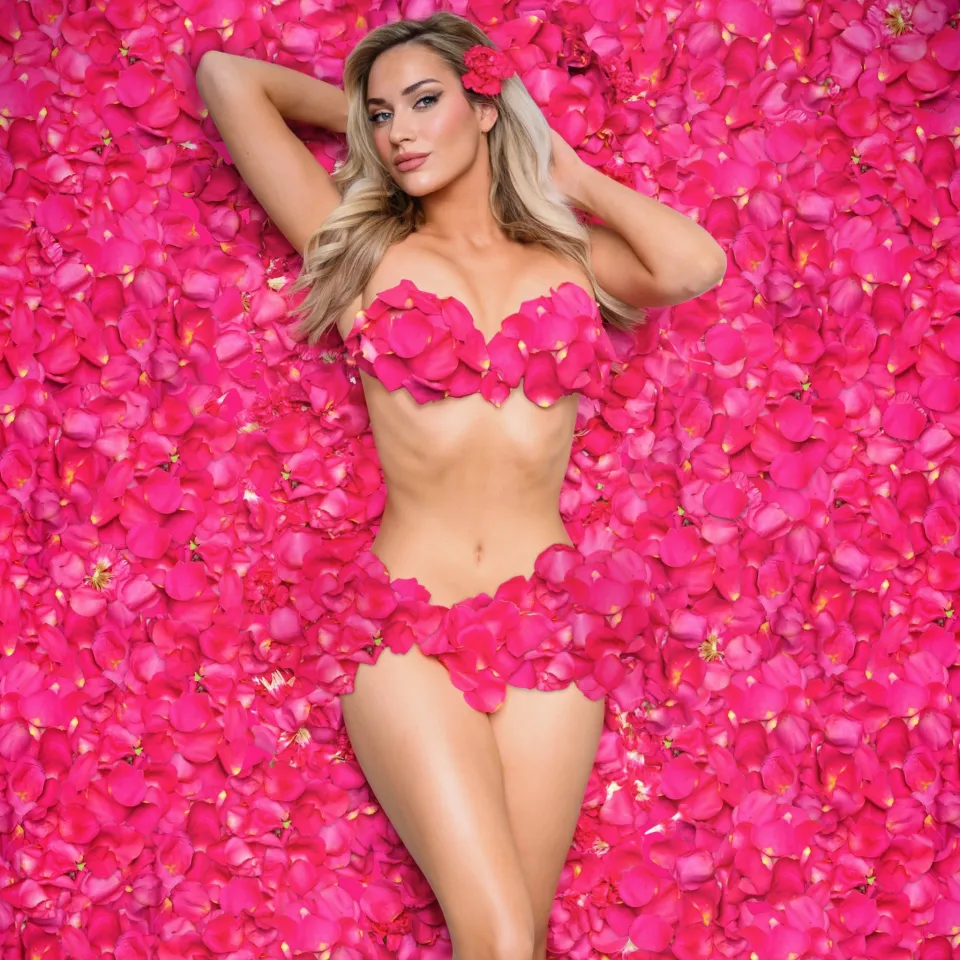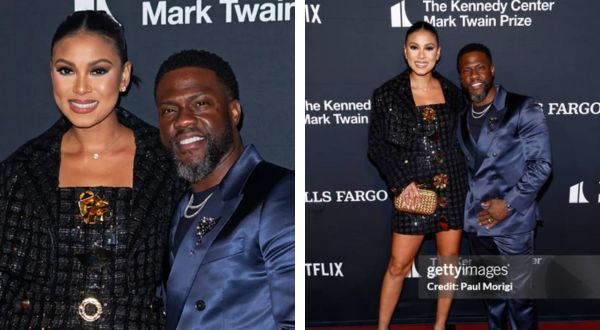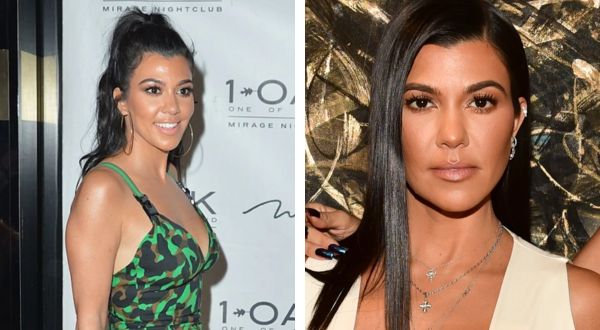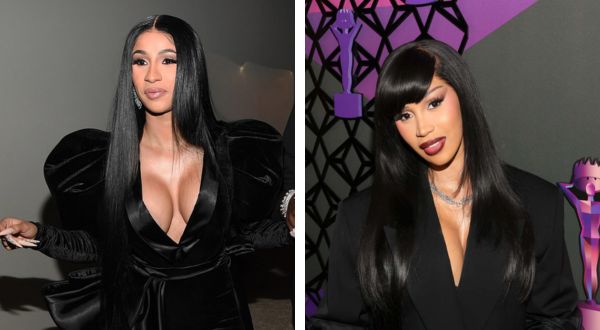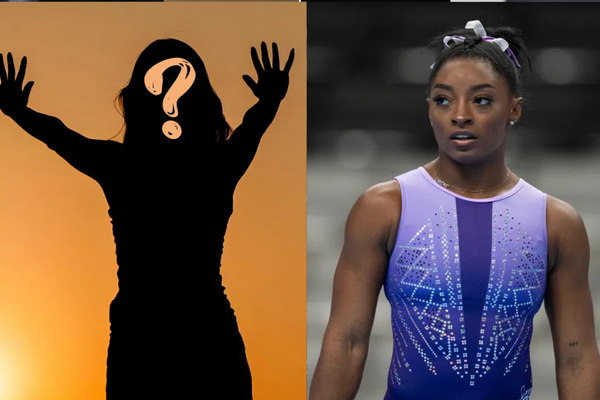
Let’s take a stroll down memory lane to a time when gymnasts like Laurie Hernandez faced early exits from their careers, dealing with injuries, mental hurdles, and diverse coaching styles. Yet, in contrast, there’s Simone Biles—a beacon of resilience who defied expectations by excelling at the Paris Olympics at 27. Not only did she return to the world stage, but she also cemented her legacy as the most decorated gymnast in U.S. history, winning four medals—three gold and one silver.

Of those medals, three came from individual events: all-around, vault, and floor, adding even more glitter to her already dazzling resume and bringing her total to an astonishing 11 Olympic medals! It’s no wonder she’s celebrated as the GOAT of gymnastics. Remarkably, all this came after her decision to prioritize mental well-being by withdrawing from the Tokyo Olympics. Now, as her story continues to unfold, insiders hint at the deeper motivations behind her triumphant return to the Olympic spotlight in Paris.
In the third episode of Simone Biles Rising, Simone got real about the changes that come with age in the sport. She shares how growing up, it felt like their bodies were “rusting,” which is pretty relatable. A lot of people think athletes peak at 16 and then wonder what happens next as they grow into adults. Then, an insider jumps in to point out how injury norms differ across sports. In leagues like the NFL and hockey, careers usually don’t just end abruptly because of an injury after one peak moment.
The insider went on to highlight how Simone has shown that, with the right training and a coach who cares, athletes can have long, successful careers. Simone also tackles the stereotype that athletes lose their edge as they get older, saying, “Everybody thought I was gonna go downhill or be washed up.” She points out that the sport is evolving, with more room for athletes to take mental and physical breaks and come back stronger.

The insider added that if Simone grabs a medal in Paris, it could flip the script on the idea that only teenagers can shine in gymnastics. In the end, it’s all about how “she controls the narrative,” taking charge of her life and career as she makes her mark in the sport.
It’s no surprise that Simone Biles has soared to such incredible heights with coaches Cecile and Laurent Landi cheering her on. At just 20, already the reigning Olympic champ, Simone Biles welcomed the Landis into the elite program at the World Champions Centre, the sprawling gym her family runs in Houston. The Landis were no strangers to Simone, having coached alongside her at world championships and the 2016 Olympics. In their conversations, they all agreed: it wasn’t only about sustaining her incredible talent but also about keeping her engaged and always progressing.
Landi focuses on adapting her coaching style to each athlete’s unique strengths, emphasizing that athletes shouldn’t have to bend to a coach’s strict vision. Since teaming up with Simone in 2017, she’s observed that if Biles had stayed in France, she might not have reached her full potential. Drawing from her own gymnastics experience, Landi is passionate about ensuring that young gymnasts today aren’t forced into outdated molds. This fresh approach has been instrumental in Simone’s ongoing success, especially when considering how many gymnasts have left the sport prematurely.
Most gymnasts start young, like Simone Biles at six and Laurie Hernandez at five. After winning gold at the 2016 Rio Olympics with Simone, Laurie took a break but returned to training in 2018. And then went on to compete at the 2021 Winter Cup and U.S. Classic but had to drop out of the U.S. Championships due to a hyperextended knee, leading to a torn meniscus. Sadly, she didn’t make the national team or qualify for the Olympics, which pushed her to retire in 2021.

Laurie Hernandez took a brave step in prioritizing life beyond gymnastics, focusing on her mental health and beginning therapy to address depression. In 2020, she opened up about the emotional abuse she experienced from a former coach, who would belittle her for minor mistakes and undermine her strength. Laurie once thought this was just part of the sport, feeling pressured to “tough it out.” When she tried to voice her feelings, she was dismissed as “too sensitive,” leaving her constantly apologizing. Sadly, her story reflects the experiences of many gymnasts who felt forced to leave the sport far too early.
Another inspiring gymnast, Dominique Moceanu, hung up her leotard in 2000 after a whirlwind of family struggles, coaching changes, and injuries tossed her Olympic dreams into turmoil for the Sydney Games. As a trailblazer, she was part of the first U.S. women’s gymnastics team to snag Olympic gold. After stepping away from the competitive spotlight, Dominique embraced a new chapter by transitioning into coaching gymnastics, sharing her passion and wisdom with the next generation of athletes. And she’s just one of many who have faced their unique journeys!
